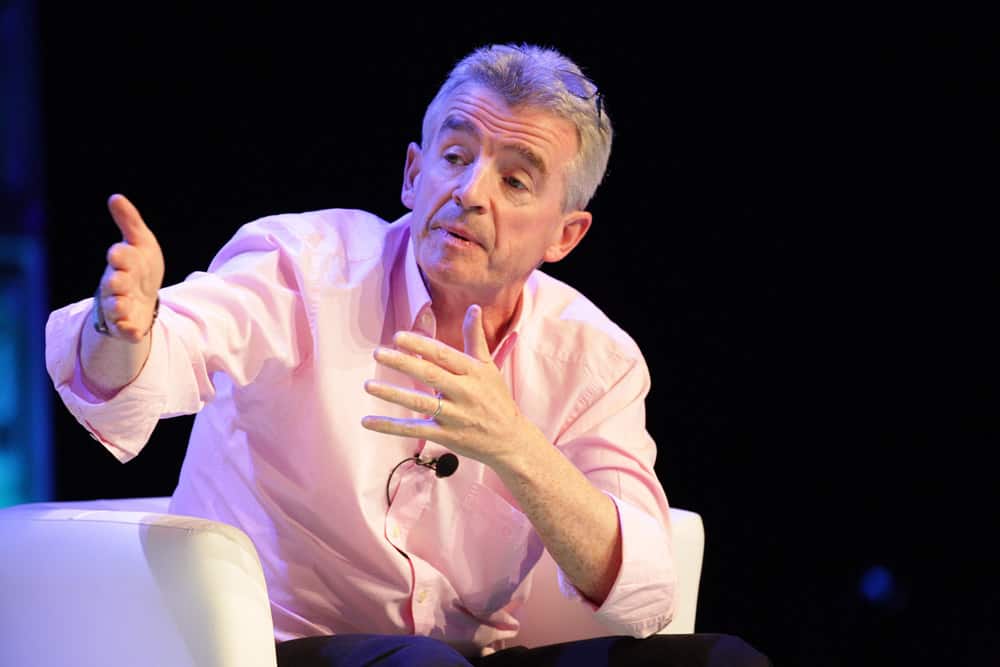Michael O’Leary, CEO, Ryanair
Ryanair reported full year profits of €1.24bn, a 43% increase on the prior year.
The increase is partly due to delivery of 41 new B737 aircraft last year facilitated the expansion of Ryanair’s low fare/low cost services into more primary airports and routes.
The airline launched seven new bases in Belfast, Berlin, Corfu, Gothenburg, Ibiza, Milan (Malpensa) and Santiago over the last 12 months. 100 new routes were opened as Ryanair became the first airline ever to carry over 100 million international customers in a calendar year.
Unit costs fell 6%, despite the airline’s continued expansion into more primary airports, the adverse impact of euro-sterling exchange rate movements. Ex-fuel unit costs were down 2% for the full year.
In February, Ryanair announced its fourth share buyback programme and is now over 80% through this programme and expects to complete it by the end of September. This is in addition to the €398m special distribution last November and the €400m share buyback completed in August 2015.
Michael O’Leary, CEO, Ryanair, said: “FY16 was a year in which we delivered significant traffic and profit growth in all four quarters as our ‘Always Getting Better’ (AGB) service programme is attracting millions of new customers to our lowest fare/lowest cost model.”
He continued: “This year we take delivery of 52 new B737 aircraft which will grow our fleet to 380 by year end. We have announced seven more bases – Bucharest, Hamburg, Nuremberg, Prague, Sofia, Timisoara and Vilnius – as part of our winter FY17 schedule. Ryanair continues to offer customers the lowest fares and best on-time performance. In FY16, despite record load factors, unjustified French ATC strikes, the fire closure of T3 in Rome last summer and Brussels Zaventem in March and repeated ATC delays following the introduction of a French ATC computer system, we maintained our industry leading 90% on-time performance.”
O’Leary also had something to say about the potential Brexit. “If the UK leaves the EU then this, we believe, will damage economic growth and consumer confidence in the UK for the next two to three years as they begin to negotiate their exit from the EU and re-entry to the single market in very uncertain market conditions.”



